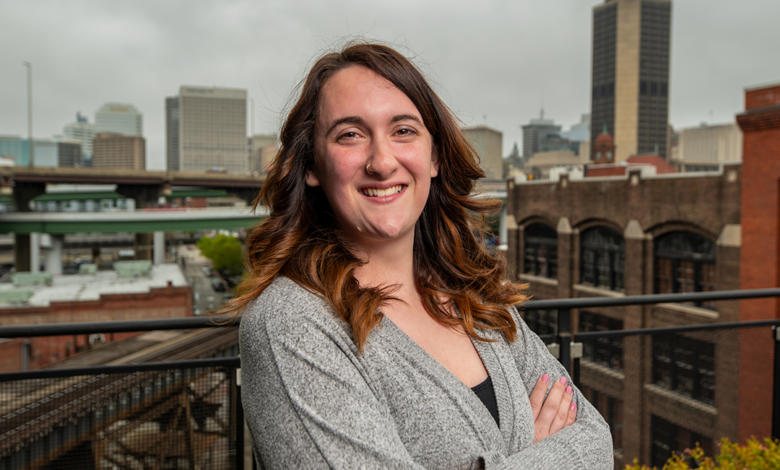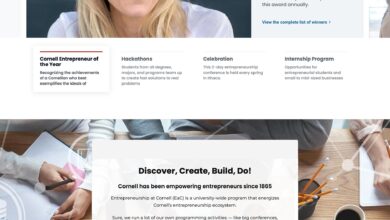Lighthouse Labs leader has ‘deep heart for entrepreneurship’

Published
Explaining how she became involved in supporting entrepreneurism, the new managing director of Richmond-based accelerator Lighthouse Labs jokes that “it was all accidental.”
As a James Madison University senior putting herself through school, Debbie Irwin couldn’t find a class that lined up with her work schedule, so her dean suggested writing a senior thesis instead. She focused on “founder’s syndrome” — when founders maintain disproportionate power and influence — in small and medium enterprises.
“Once we were going through that research,” she recalls, “I created and found a very deep heart for entrepreneurship and for small businesses in particular.”
It propelled her to a new career.
After a few years in other roles, including serving as director of special events for the Greater Augusta Chamber of Commerce, Irwin interviewed in 2017 for a job with the organization now known as the Shenandoah Community Capital Fund. The Staunton-based nonprofit entrepreneurial support organization assists startups and small businesses with resources such as loans and assistance in developing business plans.
Irwin started at SCCF as its director of marketing and education, and about a year later became executive director, a position she held for about six years.
She started in late February at Lighthouse Labs, which was co-founded by one of her mentors, Larkin Garbee, also a co-founder of Startup Virginia. “SCCF had gotten to a point where it was time for me to leave and go to the next level,” says Irwin, who succeeds Art Espey, who served as Lighthouse Labs’ interim leader after Paul Nolde departed in April 2023 to become managing director of Norfolk-based 757 Angels and 757 Collab.
Irwin remains based in Staunton, commuting to Richmond two or three days per week.
Lighthouse Labs runs two 11-week cohorts annually, with about eight companies accepted each session. Startups receive $20,000 in equity- free funding, as well as access to mentoring, education, programming and networking opportunities.
While SCCF and Lighthouse Labs both have similar budgets ($1.1 million to $1.2 million), their focuses are different, Irwin says. SCCF takes more of a generalist approach, while Lighthouse has a narrow focus on startup acceleration and programming.
Her immediate priorities at Lighthouse include providing deeper support for companies after they exit the accelerator and finding opportunities for Lighthouse Labs to play an increased role in Virginia’s larger entrepreneurial ecosystem.
“Lighthouse,” Irwin says, “is an incredible organization that is sitting on so much potential.”



